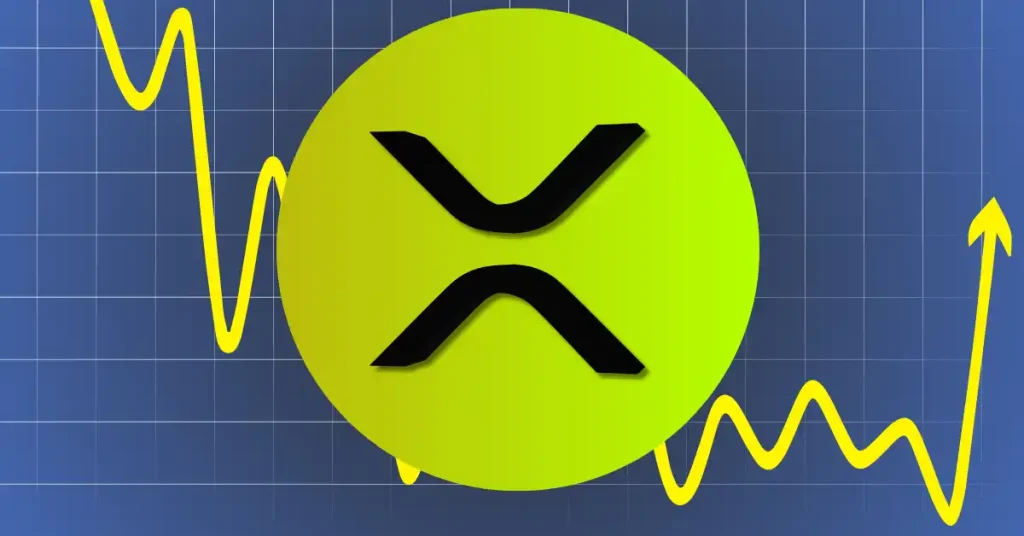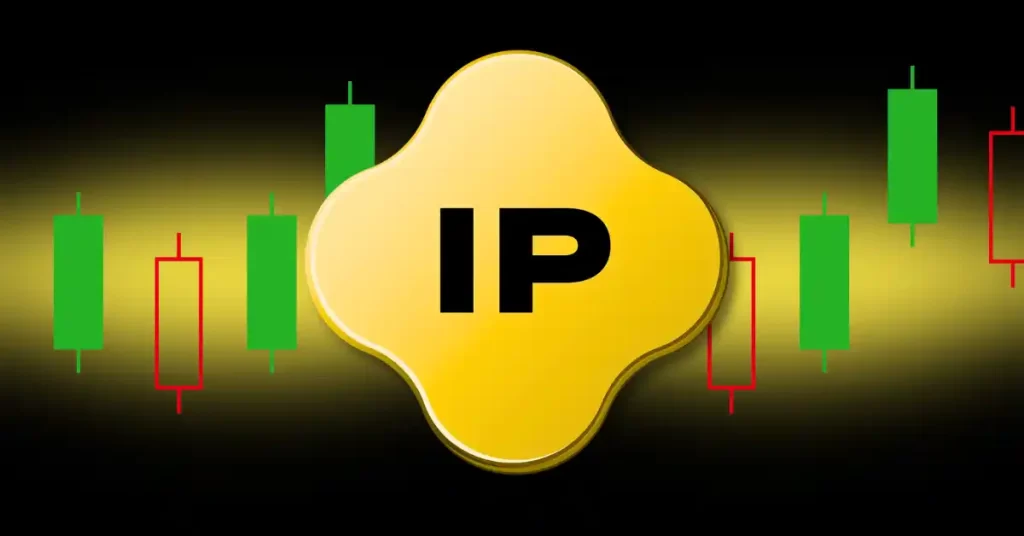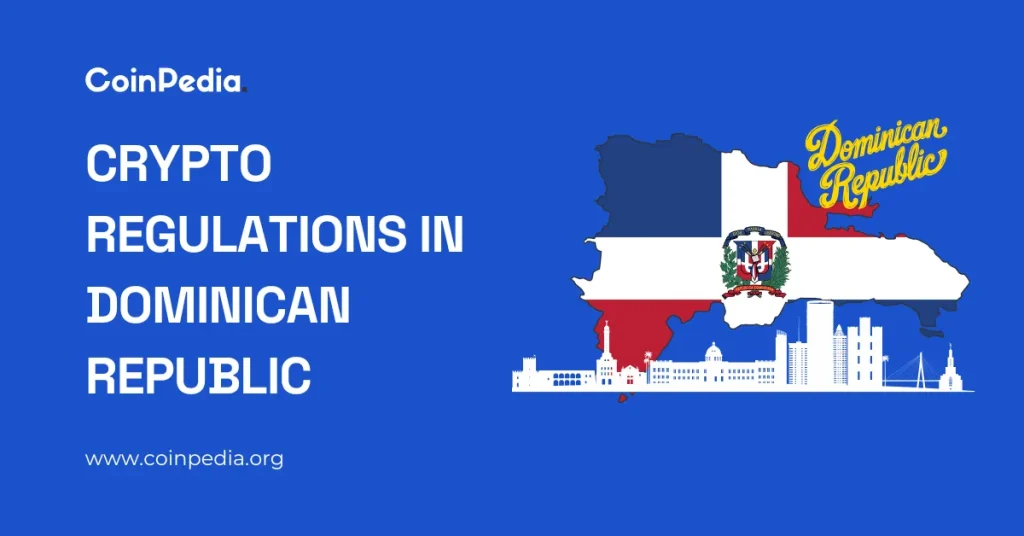Crypto Regulations in Switzerland 2025

The post Crypto Regulations in Switzerland 2025 appeared first on Coinpedia Fintech News
Switzerland is one of the world’s most progressive jurisdictions for cryptocurrency and blockchain technology in 2025. It is the home of ‘Crypto Valley’, which has well-regulated crypto frameworks to foster innovation while ensuring compliance. The regulations provide financial stability and investor protection with diverse provisions, assisting millions of Swiss people in using cryptocurrency.
Crypto Regulations in Switzerland
June 6, 2025 – Adoption of Automatic Exchange of Information (AEOI)
- Switzerland’s federal government approved a bill that enables the exchange of crypto asset information with 74 partner countries.
- It also aims to improve tax transparency and crack down on cross-border tax evasion.
- The bill is expected to come into effect in January 2026, with the first data exchanges likely to begin in 2027.
March 25, 2025- DLT Trading License
- BX Digital is granted a Digital Ledger Technology (DLT)trading venue license from the Financial Market Supervisory Authority (FINMA).
February 18, 2025– Announcement to approve crypto asset data exchange
- The federal government requests the parliament to approve the automatic exchange of crypto asset information.
- Implementation of automatic exchange of information (AEOI) will begin from 2026, with the first exchange of data scheduled for 2027.
January 2025- Union Bank of Switzerland (UBS) integration
- UBS announced its joint venture with Microsoft’s Azure AI to power smart assistants.
- It aims to provide information to client advisors to enhance client service in the crypto market.
Timeline of major crypto laws in Switzerland.
| Date | Law/ Regulations | Note |
| 2025 | AML/ CFT compliance | FINMA ensures AML/ CFT in crypto exchanges since 2018 |
| 2023 | Crypto tax limit | Zug increased the crypto tax limit to CHF 1.5 million |
| 2021 | Tax development | Zug accepts Bitcoin and Ether for tax payments with a limit of CHF 100,000 |
| August 1, 2021 | DLT Provision Law | Establishes a new license category for DLT trading platforms |
| February 1, 2021 | First provision of DLT law | Ledger-based DLT securities amended by the Swiss Code of Obligations |
| September 25, 2020 | DLT law | Approval of the DLT |
| November 27, 2019 | DLT Draft | Dispatch of DLT Draft in the legislative process |
| March 22, 2019 | DLT Drfat | Draft released regarding blockchain and DLT |
| December 2018 | Report on DLT and Blockchain | Reports on DLT and blockchain |
What is the Swiss Government Saying About Cryptocurrency?
The Swiss Financial Market Supervisory Authority (FINMA) is the legal body responsible for regulating cryptocurrency.
- Oversight: Primary crypto regulator; oversees compliance, licenses, and regulations for crypto exchanges.
- Transactions: Supervises all financial intermediaries in crypto transactions; exchanges, wallet providers, and DLT trading platforms.
- AML and Transparency: Ensures anti-money laundering (AML) and transparency in crypto exchanges. Also functions in transaction monitoring, requires an immediate report on suspicious activities, and demands robust customer due diligence.
- Self-Regulatory Organizations (SRO): FINMA also supervises the SRO, which has many crypto companies operating under it. SRO membership is mandatory for all financial intermediaries, who also conduct annual audits.
Crypto Licensing in Switzerland 2025
Swiss companies and virtual asset companies providing services to European Union (EU) clients are required to comply with the Market in Crypto Assets (MiCA) licensing. Four types of Swiss crypto licenses are available depending on the kind of services they expect to provide:
- Fintech license
- Exchange license
- Investment fund license
- Banking license
Requirement for CASP license in Switzerland:
- Incorporation of business & Physical presence: Businesses that desire to obtain a crypto license must form a Swiss company and provide disclosure about the company’s objectives, target market, services offered, risk management strategies, and governance structure. Additionally, at least one member of the company must be a Swiss resident.
- Minimum Capital: The minimum paid-up capital is 300,000CHF is required to mitigate operational and financial risk.
Compliance and Reporting: Companies must implement robust anti-money laundering (AML) and counter-terrorism in finance (CFT) regulations. Moreover, they must implement auditing procedures to ensure ongoing compliance with an official auditor.
Crypto Tax in Switzerland
Capital gains tax (CGT):
- No CGT for individuals for selling or buying crypto; classified crypto businesses are subject to CGT, the rate depends on the trading frequency, use of leverage, etc.
Income tax:
- Crypto earnings through mining and staking are subject to income tax; the tax rate is a combination of federal, cantonal, and municipal taxes.
- Crypto income tax increases with the total income.
Wealth tax:
- Crypto holdings must be declared as part of net worth and reported on December 31 each year.
- Crypto assets are added to total assets, and tax rates vary from 0.1% to 1% depending on residency.
| Activity | CGT | Wealth Tax | Income tax (Crypto) |
| Private investor (buy/sell) | No | yes | Only if earned as income |
| Mining/ staking/ lending income | NA | yes | Progressive rates |
| Professional trader/ business | Yes (as income) | yes | Progressive rate + social security |
Crypto Adoption Rate in Switzerland in 2025
- Crypto user: Around 4.22 million people in Switzerland are using cryptocurrency, representing the penetration rate of 47.45%.
- Crypto revenue: Switzerland is expected to reach approximately US$292.2 million, with average revenue per user estimated to be US$69.2.
- Crypto holdings: Bitcoin Association Switzerland holds 14.2 BTC, currently valued at $1,500,320, according to data from Bitbo Treasuries.
Conclusion
With an enhanced regulatory framework, Switzerland has permitted cryptocurrencies to serve as a lawful asset. Its robust digital infrastructure fosters growth in the fintech domain with innovation and compliance. The Swiss government’s key focus on crypto regulations is offering transparency and safety for investors and consumers.
Never Miss a Beat in the Crypto World!
Stay ahead with breaking news, expert analysis, and real-time updates on the latest trends in Bitcoin, altcoins, DeFi, NFTs, and more.





